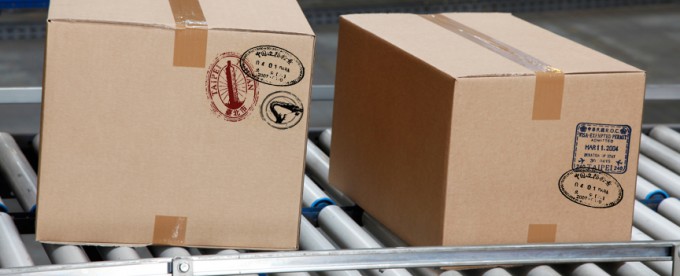We continue our serie "The importance of being a good importer". Here are the last four steps to keep in mind if you want to perform a
successful import operation.

6.Determine the payment and learn about the different options
The most widely used and internationally validated are the documentary credit, the international bank transfer and cash payment (in advance).
The first refers simply to the bank transfer between the issuing bank and the recipient bank, which are located in different countries. In this type
of payment, the bank will only follow instructions given by the drawer.
Regarding the payment in cash, despite being a way that entails greater risk, whethert he company meets the requirements for certification, you can pay this way without fear of being swindled.
Also keep in mind that most Chinese export companies will require a deposit to process your order. In any case, if the operation is performed by a broker or purchasing agent generally reduces the risk of fraud when payment is made.
7.Hiring freight and insurance
Once the order is formalized it is time to talk about freights. If buyer and seller agree that the second is responsible for the procurement of freight and insurance, the buyer will have to report in detail on the means of transport, departure date, flight number or name of vessel, container
number and estimated date of arrival.
If the provider does not take responsibility for the service, you must agree with him delivering goods at a particular place, usually in large orders, a bodega or warehouse. Therefore, the purchaser or his/her broker will have to deal with the management of customs procedures, as well as the receipt of the goods at the port of destination.
8.Customs procedures
Upon receipt of the product at customs entry, the customs broker shall give the customs clearance, which allows the confinement of this and the share of taxes. Besides, he will provide the tariff classification, which contains customs preferences of each product, as well as a detailed
description of goods. Finally, the customs broker will be responsible for the registration of the commodities in the Customs database.
9.Witdrawal of merchandise
Finally Customs selects the Capacity, which can be Physical, Documentary, or No Checked.
